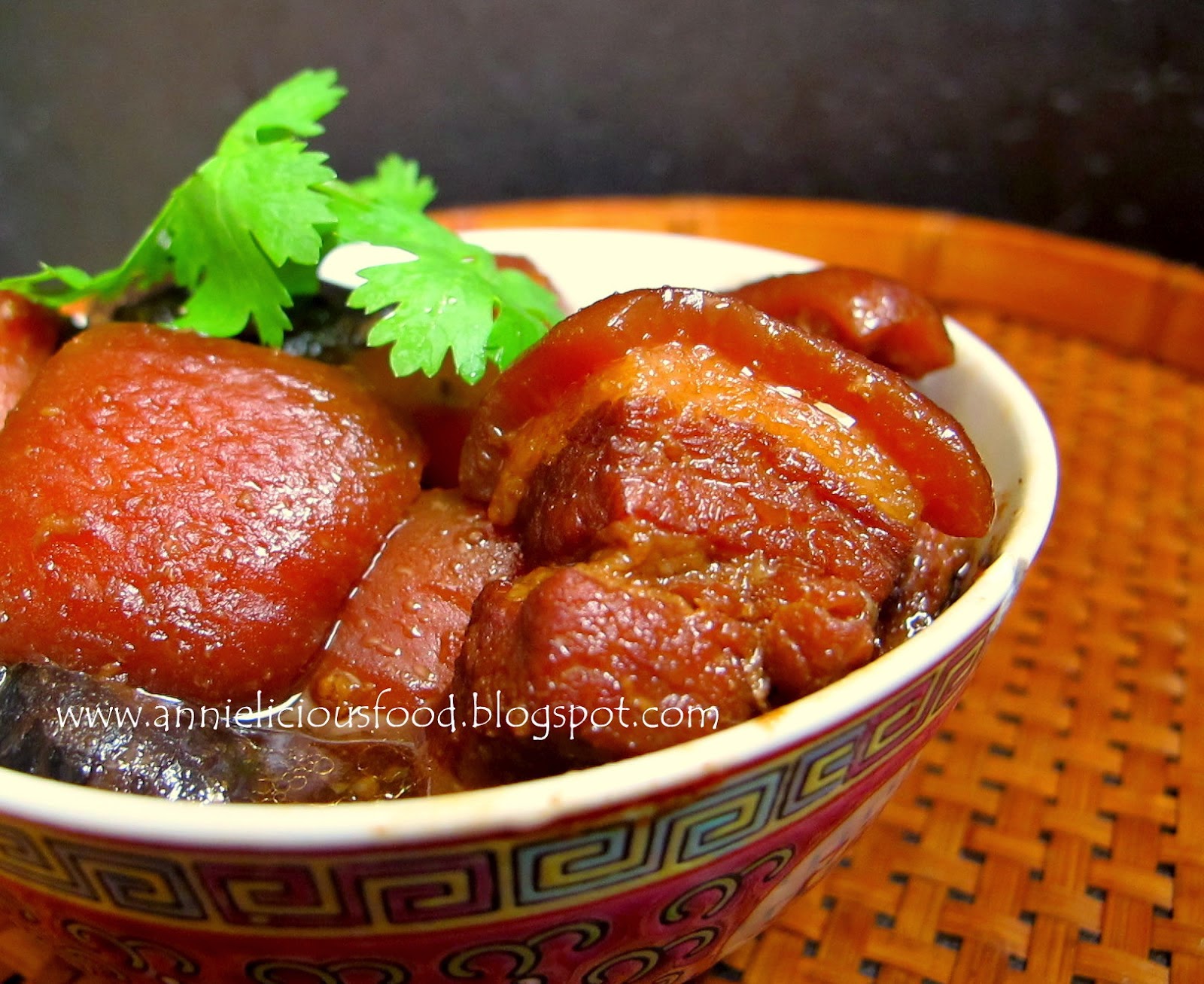It took less than a day to complete this highly readable novel by Anita Desai. Initially, I thought it was a novel about the Ramadan or family food rituals and celebrations. A reader commented online how the title of this novel was inappropriate or misleading but I disagree.
Fasting and feasting is not to be taken literally as there isn't a lot of it in the book until the second half where we get the feast part in America. Rather, fasting and feasting is symbolised in the deprivation of Uma or India's young girls brought up for the marriage system. They are deprived of desires for autonomy, careers and education while their brothers and sons are force fed all the best opportunities in life. So fasting would describe Uma's fate and feasting would describe her little brother, Arun's fate.
The following youtube video brings out the idea of fasting and feasting very well.
In the second half of the novel, where Arun is in America, I begin to find the familiar extremes eating/health habits which strongly echoes Michael Pollan's view about Americans' eating culture in "The Omnivore's Dilemma: A Natural History of Four Meals", which is an important book on food politics in this age of industralisation of food production. In Pollan's book, he talks about Americans' eating habits and the food fads control people's lives and reveal how people had no idea how to eat healthily.
Pollan talks about an America over-spilling with food; "the astounding productivity of American farmers proved to be their own worst enemy, as well as a threat to public health". The abundance and feasting is as big a problem as fasting.
Watch the following video to get the gist of Pollan's book:
America's Food Crisis: The Omnivore's Dilemma
To discover more, watch the following:
Michael Pollan: The Omnivore's Dilemma
A character documented in Pollan's book, Joel Salatin, a revolutionary farmer speaks the following words worth chewing over. The words, "to eat with reckless abandon" is strikingly similar to the scenes portrayed in Anita's novel, especially in the character Melanie.
| Image from Eatluv. |
CLICK here for an excerpt on The Young Reader's Edition of The Ominivore's Dilemma.


